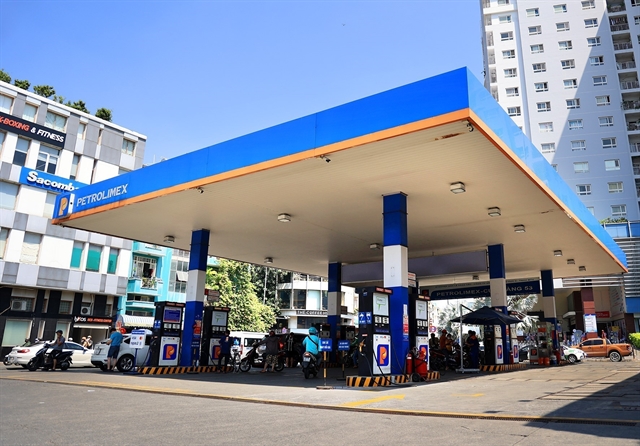Most regulations on conditional business lines are consistent and practical. However, some contains so much technical details that cause great compliance burdens on firms, exposing the need for a revision.

Insiders are calling for a revision to regulations on conditional business lines as the regulations have caused major hindrances to firms.
Nguyen Thi Bich Huong, chairwoman of the Petroleum Association, Vietnam Association of Small and Medium Enterprises (SMEs), asserted that many regulations on conditional business lines have posed compliance difficulties to petroleum firms.
She took several specific regulations on petrol purchase as an example. One such regulation stipulates that petrol stations and retailers must purchase fuels from a single seller to ensure fuel quality.
She said the regulation is unnecessary as petrol stations and retailers are subject to fuel standards set by the Ministry of Science and Technology. That means they are legally bound to distribute up-to-standard fuels, regardless of the number of sellers they take the fuels from.
Other impractical regulations, according to the chairwoman, include those that bar petrol retailers from wholesaling, those that require approved environmental protection schemes prepared by petrol retailers, and those that set a distance of at least 50m between petrol stations and the intersections in their proximity.
Nguyen Anh Duong, director of the Department for General Economic Issues and Integration Studies, Central Institute for Economic Management (CIEM), remarked that some regulations on conditional business lines have added substantial costs to firms.
One such regulation stipulates that petrol exporters, importers and traders, within one year from the date of being licensed, establish their own laboratory whereby fuel quality could be tested.
"The regulation has added to firm bills. They would have saved many costs by hiring laboratories from others," said Duong.
The director also highlighted several impractical regulations in the food industry, including the regulation that requires the separation of sales areas and other areas within a business facility and the regulation that prohibits direct connections between restrooms and food-storage rooms.
He also called for the removal of the criteria applicable to rice exporters' warehouses as the criteria causes a high compliance burden on the exporters.
Aedan Puleston, Second Secretary, Australian Embassy, believed that the deregulation of conditional business lines would improve the business environment, reduce corruption and draw in high-quality foreign investments.
CIEM has recently published a report on conditional business lines in industry and trade. The report found that most regulations in place are consistent and practical.
However, some contain so many technical details that cause great compliance burdens on firms, exposing the need for revision.
"Some specific criteria applicable to facilities, such as fuel tanks and warehouses, would add to firms' compliance costs," said Duong.
Economic expert Le Dang Doanh held that regulations on conditional business lines should be less detail-focused and more consumer-centric. — VNS





